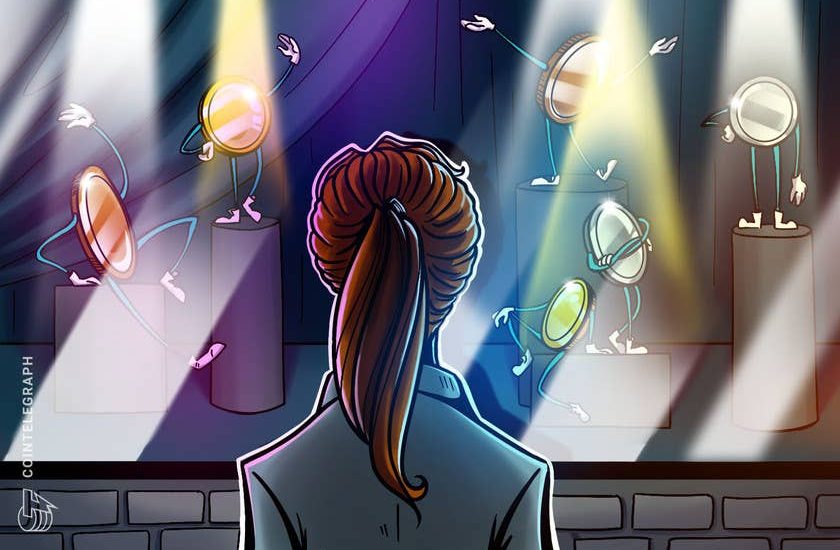- October 6, 2021
- Posted by: admin
- Category: BitCoin, Blockchain, Cryptocurrency, Investments


Released in 2017, L.O.L. Surprise doll was MGA’s best-selling U.S. toy property for three consecutive years.
Consumer entertainment products giant MGA Entertainment is moving into the nonfungible token (NFT) industry by turning its best-selling toys into digital collectibles on blockchain.
The American toy giant is preparing to roll out an NFT functionality for its world-famous brand L.O.L. Surprise, allowing fans to mint NFTs, display their character collection, and buy, sell and trade digital collectibles online.
To enable the new feature, MGA has partnered with Ioconic, a London-based partnership business for brand owners, offering exposure to the NFT and digital asset industry. The startup will enable an online gaming hub for the L.O.L. Surprise trading card game, letting fans and collectors replicate physical purchases using QR codes.
Ioconic CEO Jamie Lewis told Cointelegraph that the startup has built “the entire L.O.L. Surprise digital ecosystem from scratch.”
“Every brand we work with receives a tailored digital asset strategy as no two brand requirements are the same. We have agreed on terms with a major protocol that will underpin the L.O.L. Surprise platform but will announce this once the site is launched in two weeks,” Lewis noted.
Founded in 1979, MGA Entertainment is one of the world’s private toy suppliers, famous for manufacturing the Bratz fashion doll and merchandise. Released in September 2017, MGA’s L.O.L. Surprise doll was the best-selling U.S. toy property for three consecutive years starting 2018, contributing to the overall toy sales in the United States, which amassed $25 billion in 2020 in retail sales.
Related: Tweet mocking how little value NFTs have… is turned into $5K NFT
Backed by initial investment from Hong Kong-based blockchain investment firm Kenetic, Ioconic was founded in early 2021. Kenetic managing partner Jehan Chu is one of Ioconic’s co-founders.
Ioconic has reached several licensing deals with entertainment giants such as Disneyland and Warner Bros. Entertainment. “We have worked with these brands in both previous environments focused on physical products and are now engaged with some of them focused on digital assets. As we are a relatively new company, we have not announced all of our partnerships yet,” Lewis added.
